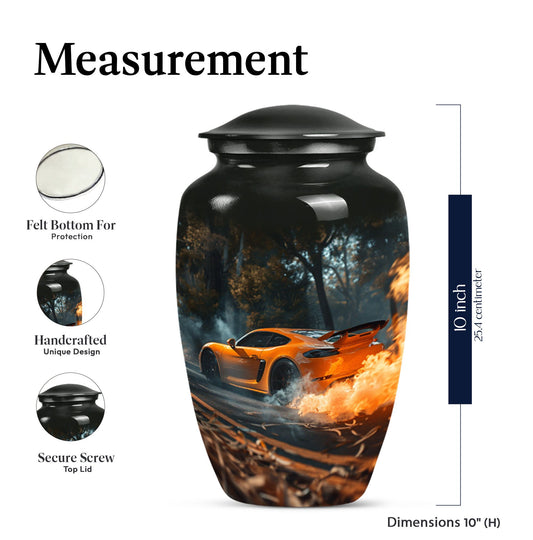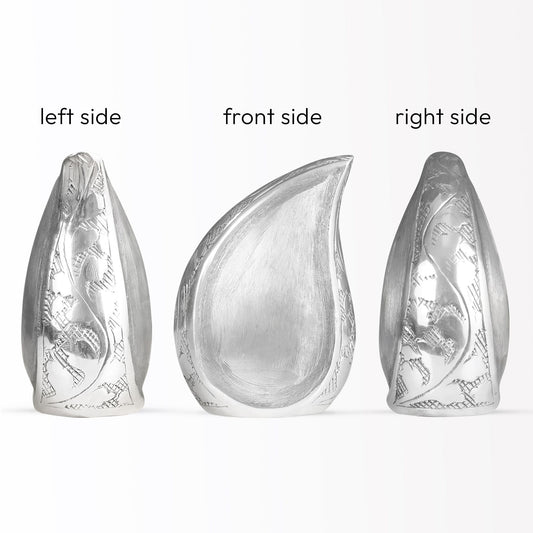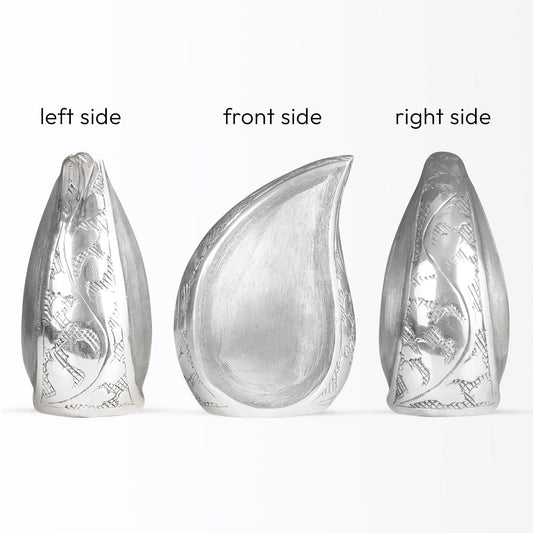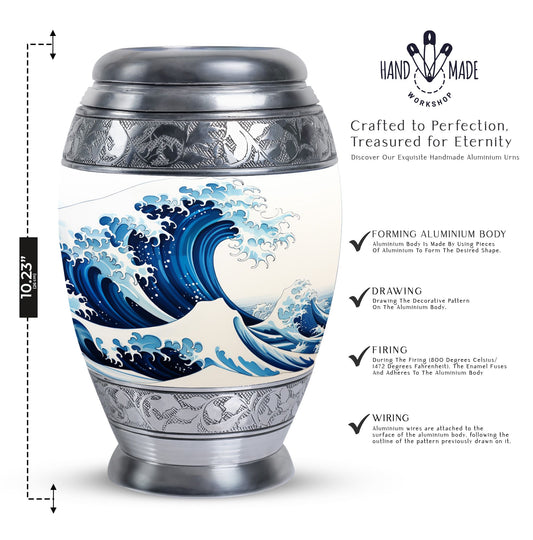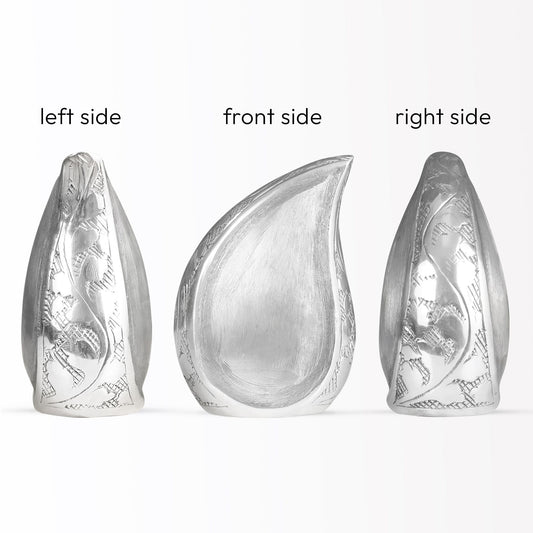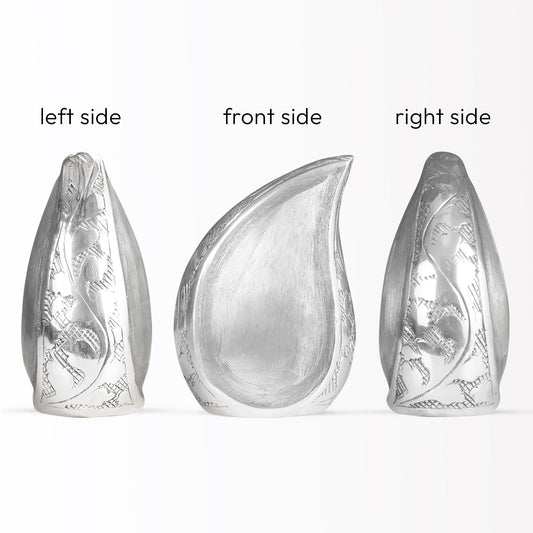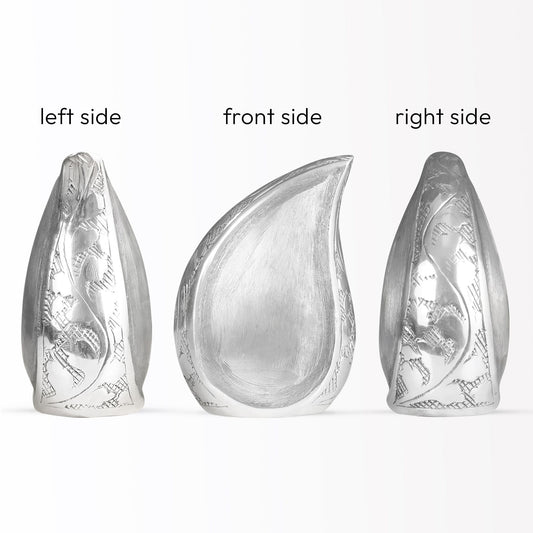Popular Urns
Cremation Laws in Alaska: Meaning and Characteristic

Cremation is gradually becoming a favorite way of end of arrangements in Alaska, the consequence of shifting human practice and pragmatic reasons. Even the state has come up with some laws regulating the process of cremation to be carried out with dignity. It is quite important for families dealing with the agony of finalizing arrangements to know such laws.
Summary of Alaska Cremation Laws:
State Laws Alaskan laws regarding cremations are primarily under Alaska Statutes Title 13, Chapter 20. Here is the place to look for legal stipulations that govern cremation. Several preparatory steps must be undertaken before cremation can take place. Prior to a cremation, a signed authorization will be requested from the legal next of kin or from an authorized representative such as an executor of the estate. This document is consent for the cremation and helps assure that the wishes of the deceased are fulfilled.

Another requirement in Alaska law is the positive identification of the deceased before the cremation. Positive identification is important in preventing errors in handling the remains. It is usually done using the official documents, driver's license, and other identification documents.
Importance of Laws on Cremation in Alaska:
The cremation law of Alaska is important in that it emphasizes consumer protection and ethics regulation. Keeping regulation on the strings of consumer safety, the state of Alaska ensures that families are not taken advantage of at such a vulnerable time.
The state, therefore, holds strict regulations for licensed funeral homes and crematories to warrant full accountability and transparency of the cremation process. Families do not have to worry about the treatment of their loved one.
In addition to these duties, the laws also acknowledge the emotional attachment to death matters. The authorization and identification rules provide families with a process to go through in arriving at decisions on the final end arrangements of loved ones. This makes them more capable of helping other family members in arriving at decisions for their family member's final cremation. This process can therefore help alleviate some of the stress associated with making cremation plans.

Laws on Cremation in Alaska:
Most of the defining features of the cremation laws of Alaska combine the practical and ethical consideration. Another waiting period is meant between the time of death and cremation, wherein Alaska requires that there be at least 24 hours unless this is waived by a medical examiner.
The waiting period before cremation gives families adequate time to grieve and finalize other arrangements.
The other critical characteristic is licensing of crematories. Only in licensed crematories are cremations allowed in Alaska. Thus, their operations must meet the minimum requirements for health and safety. Such regulation is necessary to ensure integrity in the cremation process while ensuring the public's health.

In addition, Alaska law requires that records be maintained when cremation is performed. Every licensed crematory must maintain a record that includes information concerning the identification of the decedent, consent for cremation, and chain of custody. This record will vindicate the crematory against any claims of mishandling of the dead while giving credible information to families about how their loved ones were handled.
Conclusion:
These Alaska cremation laws altogether control the process in full understanding. The prime objectives are the protection of consumers and ethical practices with clear procedural steps so that the deceased are dealt with dignity and respect. This will give an individual an understanding of such laws guiding him in a decision to cremate the person whom he needs to honor.
As attitudes towards death and memorialization continue to evolve, Alaska's legal framework remains an important resource for families seeking closure and comfort in a difficult time.
ALSO READ:



















